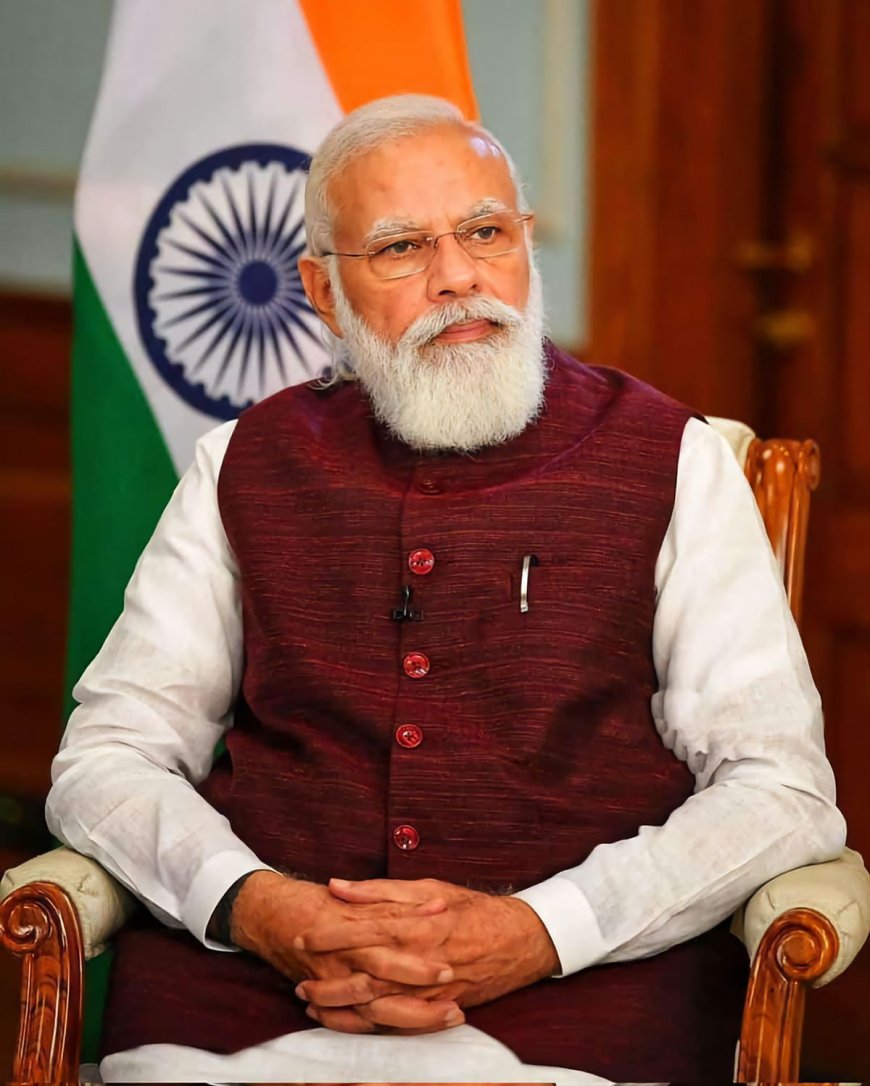Bihar Rally Unleashes Vile Insults on PM Narendra Modi and His Late Mother: Understanding the Controversy
Bihar rally sparks outrage as PM Modi and his late mother face vile insults; political ethics questioned, public debates intensify

The recent Bihar rally has sparked nationwide controversy after reports emerged of participants hurling vile insults at Prime Minister Narendra Modi and even his late mother. This incident has drawn widespread criticism from political leaders, media, and citizens alike, raising questions about political discourse, decorum, and the underlying tensions in the region.
Introduction
Political rallies in India often serve as platforms for candidates to address supporters, outline agendas, and rally public opinion. However, the Bihar rally incident crossed the bounds of acceptable political expression, entering the realm of personal attacks. Insulting a public leader and their family, especially deceased members, is considered highly disrespectful and has triggered debates on morality in politics.
Background and History
Bihar has historically been a politically vibrant and competitive state, often witnessing intense electoral campaigns. Political rivalries here are known to be highly charged, and this rivalry has escalated recently due to upcoming elections and shifting alliances. Such incidents are not isolated, but the nature of the insults at this rally — targeting both PM Modi and his late mother — makes it particularly shocking.
Regions and Factors Behind the Incident
Several socio-political factors may have contributed to this event:
-
Electoral Competition: Bihar’s upcoming elections have intensified competition among parties, leading to heightened rhetoric.
-
Local Sentiments: Certain regions in Bihar harbor deep-rooted political affiliations, often expressed in extreme ways during rallies.
-
Influence of Social Media: Amplification of provocative content online may encourage attendees to express extreme sentiments.
Key Points and Facts
-
The rally took place in [specific location in Bihar], drawing a large crowd.
-
Political observers note that such personal attacks, while condemned, often resonate with fringe sections of supporters.
-
Officials have urged restraint and reminded parties about maintaining decorum in political discourse.
-
Media coverage has intensified public awareness and debate over the ethical limits of political expression.
Advantages and Disadvantages
Advantages:
-
Sparks public discourse about political ethics and the boundaries of free speech.
-
Encourages political parties to emphasize responsible campaigning.
Disadvantages:
-
Creates societal polarization and diminishes political decorum.
-
Can lead to emotional distress for the targeted individuals and their families.
-
May incite retaliatory rhetoric, escalating tensions further.
Positive and Negative Implications
Positive:
-
Reinforces the need for civil conduct in political engagement.
-
Promotes public debates on the ethics of political communication.
Negative:
-
Undermines trust in political dialogue and democratic processes.
-
Encourages hostility among political supporters.
-
Diverts attention from substantive policy discussions to personal controversies.
Final Thoughts and Conclusion
The Bihar rally incident highlights the fine line between political critique and personal attacks. While free expression is a cornerstone of democracy, it must be exercised responsibly, with respect for individuals and their families. Political leaders, organizers, and citizens must collectively promote ethical discourse to ensure that democracy remains a platform for ideas and solutions, not personal vilification.
The incident serves as a reminder that political engagement should focus on policies, governance, and development rather than personal attacks, thereby fostering a healthy, respectful democratic environment.

 Ellofacts
Ellofacts 





